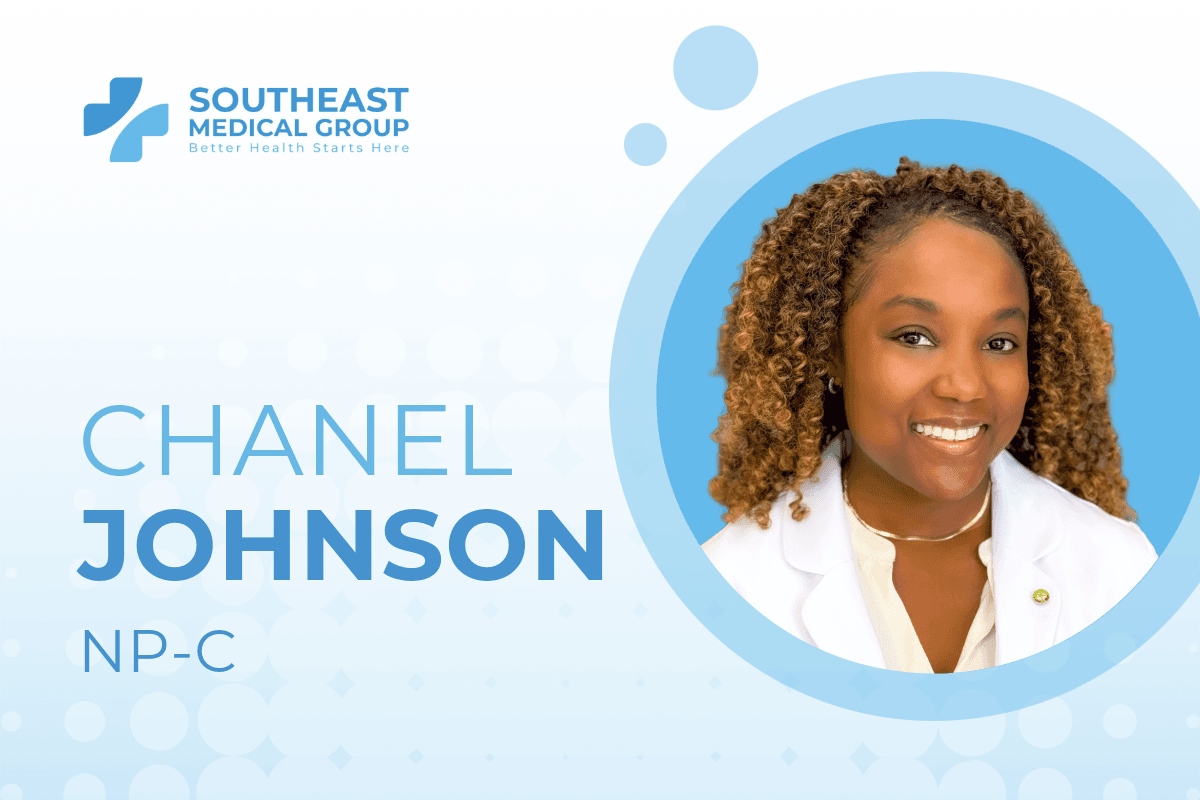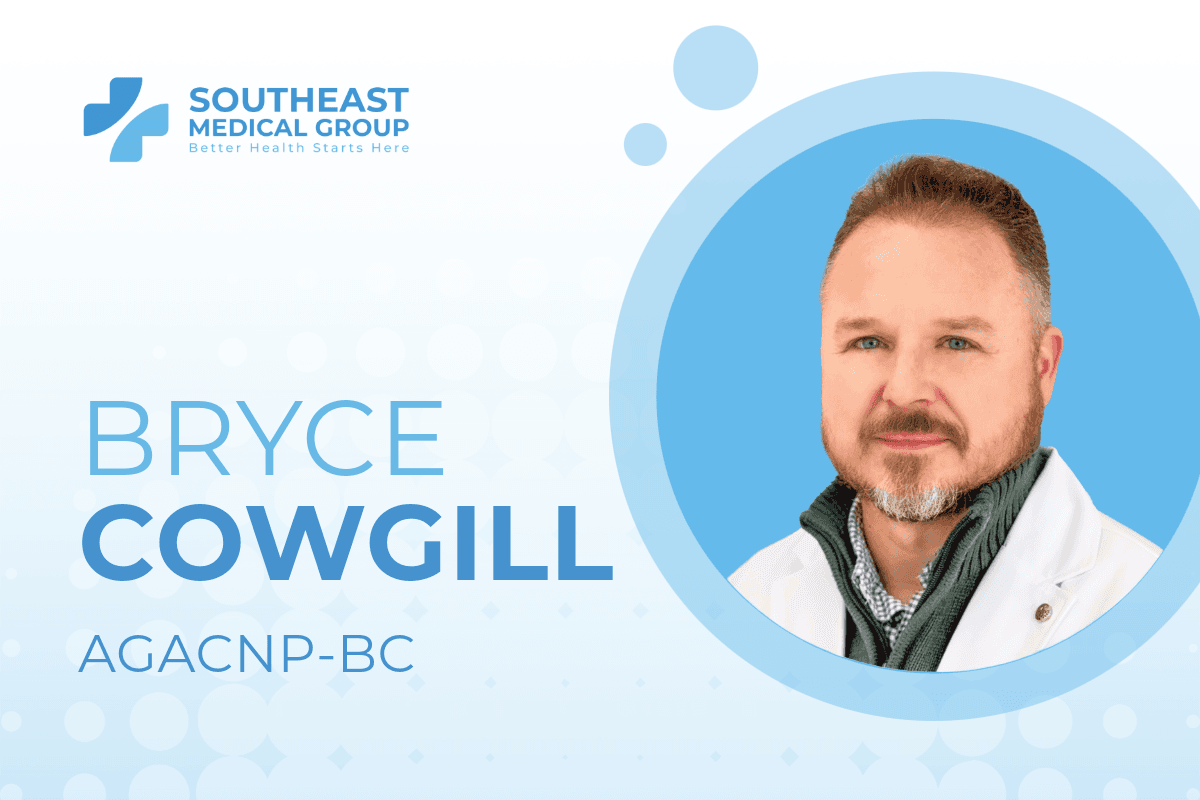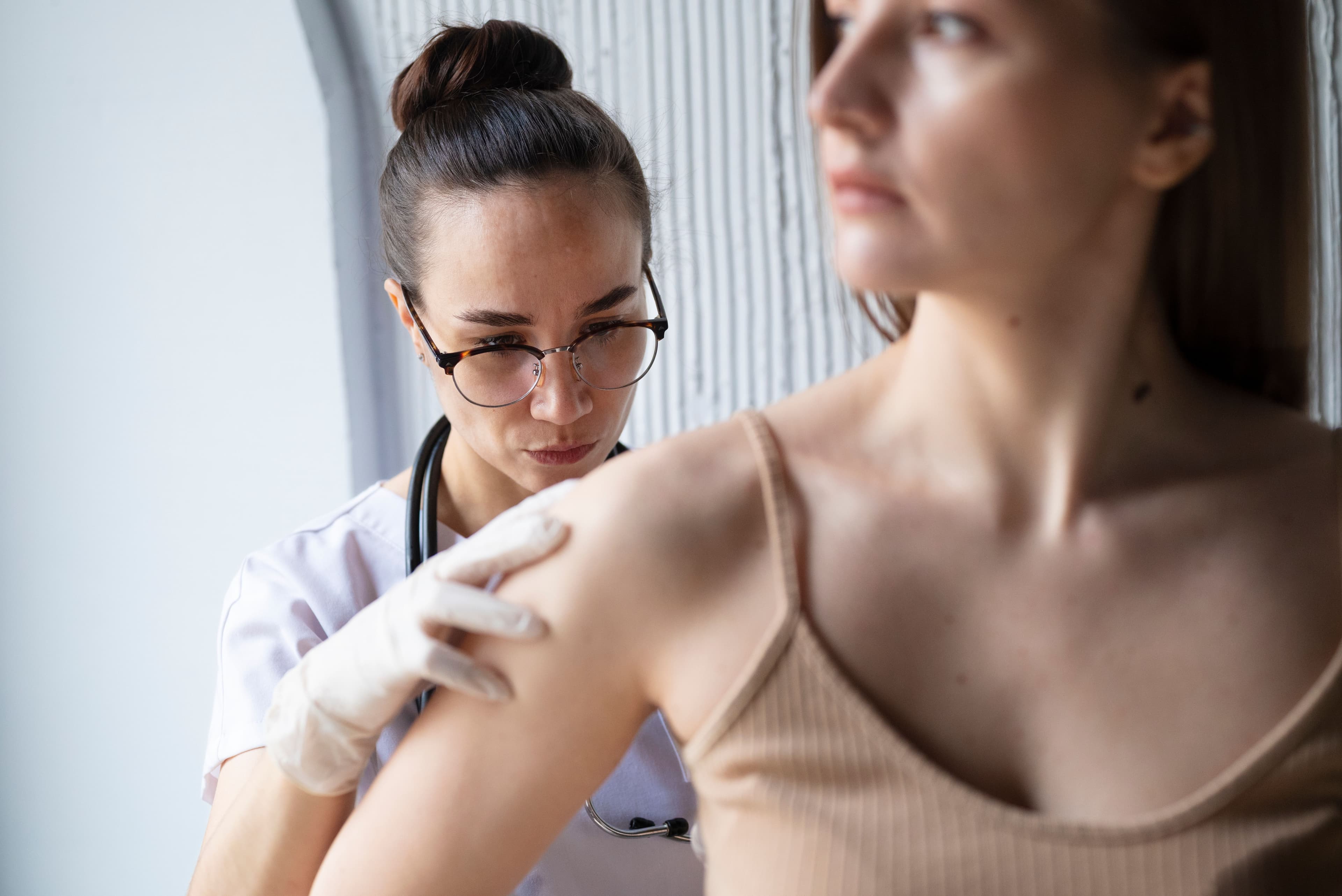Understanding Menopause and Andropause: A Doctor’s Guide for Patients

As we age, our bodies undergo various changes that can impact our overall health and well-being. For women, menopause is a well-known transition, while for men, andropause is less discussed but equally significant. In this article, we will explore both menopause and andropause from a physician’s perspective, providing an overview of their reality, symptoms, natural remedies, other hormone replacement options and what to look out for.
Menopause: A Natural Transition for Women
Is Menopause Real?
Yes, menopause is a natural biological process that marks the end of a woman's menstrual cycles. It is diagnosed after 12 consecutive months without a menstrual period and usually occurs between the ages of 45 and 55. The time leading up to menopause is called Perimenopause. This is when a lot of women or people assigned female at birth (AFAB) start to transition to menopause. They may notice changes in their menstrual cycles or have symptoms like hot flashes, symptoms of menopause but are still having their periods monthly.
Symptoms of Menopause
- Hot flashes
- Night sweats
- Brain fog
- Mood changes
- Sleep problems
- Vaginal dryness
- Decreased libido
- Weight gain and slowed metabolism
- Sleep disturbances
- Anxiety and even depression
Treatments
When discussing treatments for menopause with your provider, its about treating symptoms that disrupt life and are uncomfortable for you. There are many different types of treatments. This could be Hormonal or Non hormonal, like the natural remedies.
Natural Remedies for Menopause
Several natural remedies can help manage menopause symptoms:
- Phytoestrogens: Found in soy products, flaxseeds, and legumes, phytoestrogens can help balance hormone levels.
- Herbal Supplements: Black cohosh, red clover, and evening primrose oil are popular supplements that may alleviate hot flashes and other symptoms.
- Healthy Diet: A balanced diet rich in fruits, vegetables, whole grains, and lean proteins supports overall health.
- Regular Exercise: Physical activity can help manage weight, improve mood, and promote better sleep.
- Stress Management: Practices like yoga, meditation, and deep breathing exercises can reduce stress and improve well-being
Hormonal Treatments
Different hormonal treatment options are available including Bio-Identical hormone replacement options (BHRT). It is a plant-based hormone replacement option, made from soy and can be obtained in different forms like in oral forms, creams or pellets. Your doctor can help you weigh the pros and cons and what best option is right for you.
What to Look Out For
While menopause is a natural process, it is important to monitor your health and consult with your healthcare provider if you experience:
- Severe or unusual symptoms
- Persistent sleep disturbances
- Significant mood swings or depression
- Unexpected weight changes
- Anxiety or Depression
Andropause: Understanding Male Menopause
Is Andropause Real?
Yes, andropause, also known as male menopause, refers to the gradual decline in testosterone levels in men, typically occurring between the ages of 40 and 55. Unlike menopause, andropause is not a universal experience for all men, and symptoms can vary widely. A Man’s testosterone levels decline on average about 1% a year after the age of 40. Low testosterone levels in men often goes unnoticed and Men attribute this to other disease processes other than the low testosterone.
Symptoms of Andropause
Common symptoms of andropause include:
- Fatigue and decreased energy levels
- Reduced libido and erectile dysfunction
- Mood changes, including irritability and depression
- Loss of muscle mass and strength
- Increased body fat
- Difficulty concentrating
- Loss of vitality
- Increased abdominal girth/increased abdominal fat
- Increased weight gain
Natural Remedies for Andropause
To manage andropause symptoms, consider the following natural remedies:
- Balanced Diet: Eating a nutritious diet with plenty of fruits, vegetables, lean proteins, and healthy fats can support hormone health.
- Regular Exercise: Strength training and aerobic exercise can help maintain muscle mass, boost energy, and improve mood.
- Adequate Sleep: Ensuring good sleep hygiene can enhance overall health and mitigate fatigue.
- Stress Reduction: Techniques such as meditation, mindfulness, and deep breathing exercises can help manage stress and improve mood.
- Herbal Supplements: Ginseng, fenugreek, and Tribulus terrestris are some supplements believed to support testosterone levels, though scientific evidence is limited.
- Hormone Replacement in Males: This comes in the form of testosterone, and can be in gel form, injections, or pellets.
What to Look Out For
If you suspect you are experiencing andropause, consider consulting with your healthcare provider, especially if you notice:
- Significant changes in mood or mental health
- Persistent fatigue or low energy levels
- Erectile dysfunction or changes in sexual performance
- Unexplained muscle loss or weight gain
Takeaways
Both menopause and andropause are natural aspects of aging that can bring about significant changes in your body and well-being. Understanding these transitions, recognizing their symptoms, and exploring natural remedies as well as other treatment options can help you manage this stage of life more effectively. Always consult with your healthcare provider for personalized advice and treatment options tailored to your individual needs.


